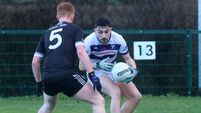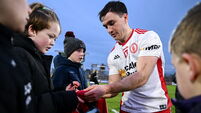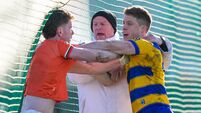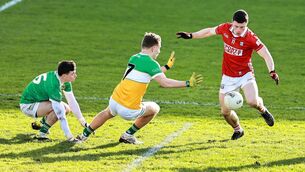Experience, cuteness belief... the Kerry way
FEW could have anticipated Kerry’s All-Ireland triumph of 1986 over Tyrone would not merely be the last hurrah for a team recognised as the greatest in the history of Gaelic football, but would mark the beginning of a barren period for the Kingdom.
Remarkably, after a total of eight title wins from 10 final appearances stretching from 1975, the Sam Maguire would not return again to the county until 1997.














